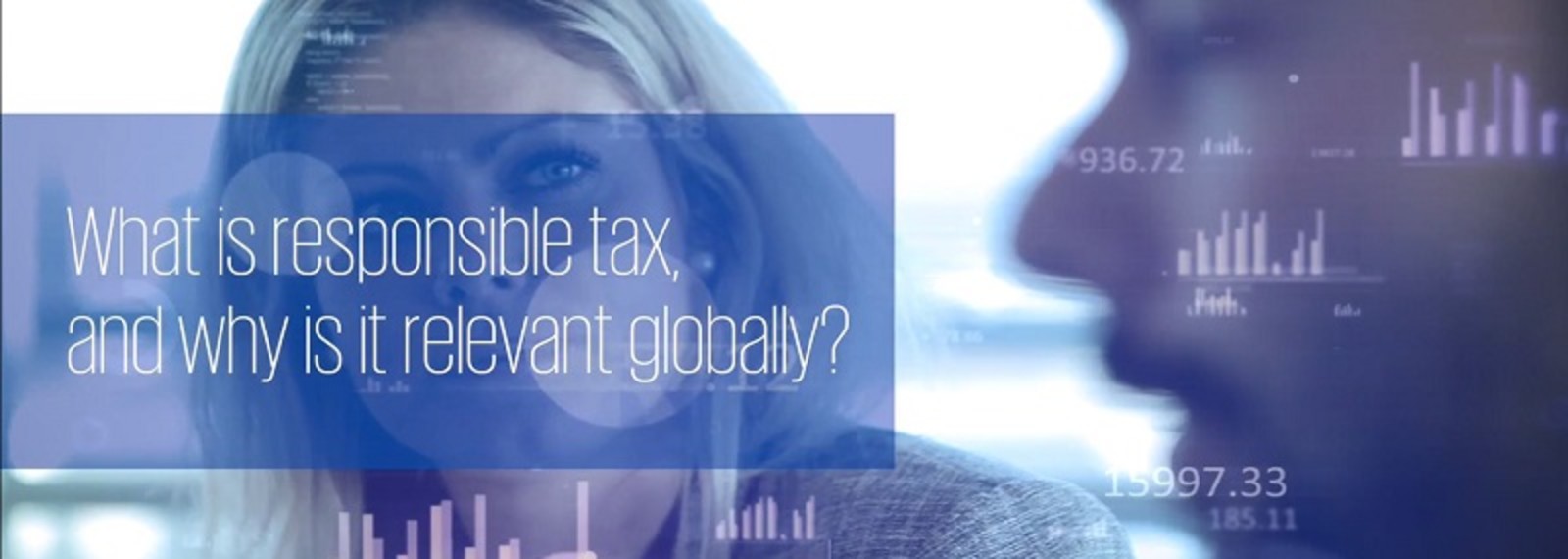Changes in the area of transparency
The speed of change within the transparency area is unprecedented and new disclosure requirements, new cooperative compliance schemes and new anti-avoidance legislation are introduced all over the world. The increasing number of legislational changes puts significant administrative challenges on both companies and tax authorities. Rebuilding trust in multinationals, in the tax systems and in the authorities' ability to collect the right taxes is key to finding the right balance.
At the Responsible Tax Roundtable in Copenhagen, we gathered a group of important and active voices in the responsible tax debate representing large Danish multinationals, investors, NGOs, politicians and academics to take a step back to look at the root causes and why the debate is evolving as it is. The opening speeches were held by Jane McCormick, KPMG Global Head of Tax, who gave her global view on the state of tax, followed by Jesper Petersen, Spokesman on fiscal affairs for Social Democrats in the Danish Parliament, who gave his perspective on the current political landscape in Denmark regarding responsible tax. Based on these speeches, Henriette Kinnunen, independent adviser on Tax, Communication & Public Affairs and Editorial Writer at the Danish newspaper Børsen, opened the debate with the question:
What does good transparency look like?
The debate centered around an understanding that we are all on a journey together, and we have a common responsibility for achieving trust. This means that stakeholders should aim at being more transparent about their tax affairs and actively disclose tax policies, their contributions to local societies and explaining their tax position in general. Moving in this direction would contribute to building the trust between stakeholders and ensure a more qualitative debate. At the same time, it was acknowledged that the perception of "fair tax" differs between stakeholders and proposes a significant challenge And furthermore that fair tax dialogue tends to focus too much on corporate income taxes instead of comprising the full range of taxes, e.g. indirect taxes, environmental taxes, wage taxes etc.
Some of the other questions that were raised and debated included:
- Which role do the individual stakeholders play in rebuilding trust, and what are the consequences if trust is not rebuilt?
- Is responsibility only about our contribution to society, or what do responsible tax behaviour look like? Do we achieve trust through increased tax transparency and responsibility?
Overall, it was recognised that the trust "gap" in Denmark might not be as significant as it is in other parts of the world, and Denmark has been an early adopter of many good initiatives, such as The Tax Dialogue. However, it is important that all stakeholders contribute to the public debate about "fair tax" and thereby initiate a broader and more inclusive discussion on tax for the benefit of all. The roundtable concluded with a brief input from each participant considering which responsibility each of the participants has in rebuilding trust, and the concluding remarks from Søren Dalby, Tax Partner from KPMG Acor Tax in Denmark, summarising from the debate that tax is a legal matter, but it clearly has an ethical element.
Jane McCormick, KPMG’s Global Head of Tax, and Soren Dalby, Tax Partner, KPMG Acor Tax discuss Responsible Tax. Watch their videos here.
by Søren Dalby
Søren Dalby is corporate tax partner and advices both Danish and international companies.Søren has over 17 years of experience with tax matters and returned to KPMG Acor Tax in May 2016 following a position in the industry as Head of Tax. Through his dedication to tax matters and extensive experience from both the industry and the tax authorities Søren has...










